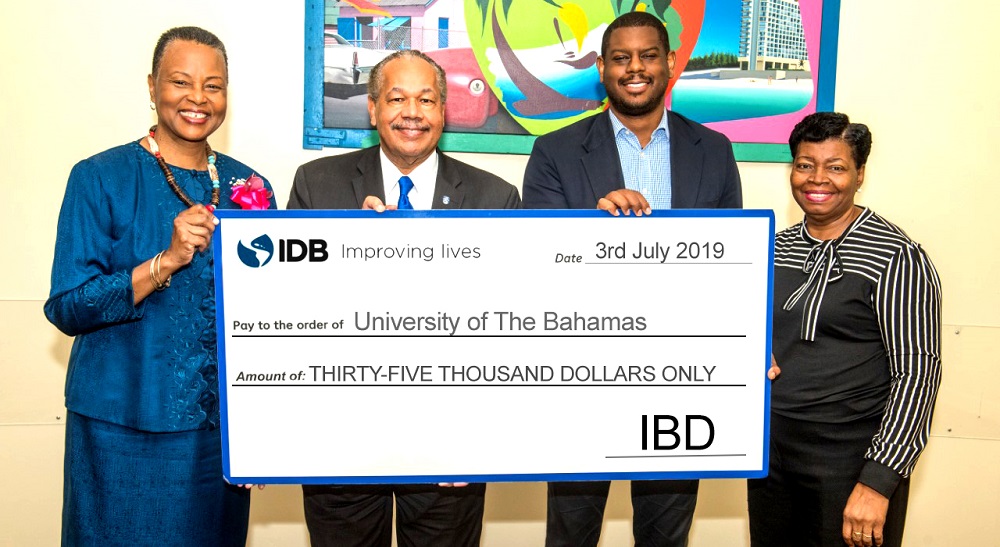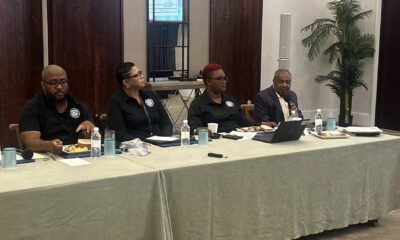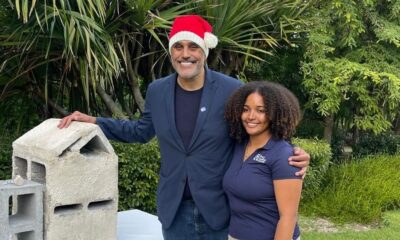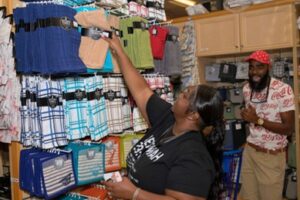Bahamas News
IDB Partners with UB On Gerace Research Institute Digitization Project 1

Bahamas News
Twist To Win Ends in a Grand Style with Four $5,000 Mall at Marathon Shopping Sprees

Bahamas News
The Coca-Cola Art Project Astonishes Art Lovers at The Bahamas Culinary & Arts Festival
Bahamas News
CWS Brings a Galore of Bubbles at Annual Jollification Festival

-

 TCI News5 days ago
TCI News5 days agoTurks and Caicos Corporate Community Join Beaches Resort to Raise Funds for Jamaica’s Hurricane Melissa Relief
-

 Bahamas News4 days ago
Bahamas News4 days agoThe Coca-Cola Art Project Astonishes Art Lovers at The Bahamas Culinary & Arts Festival
-

 TCI News1 week ago
TCI News1 week agoFrom Removal to Redevelopment: ISU Announces 27 Concepts
-

 TCI News5 days ago
TCI News5 days agoExperience Turks and Caicos Projects Month-on-Month Growth of Stayover Arrivals for Winter Season
-

 TCI News5 days ago
TCI News5 days agoBeaches Turks and Caicos sets the Benchmark for Biodiversity in the TCI
-

 Bahamas News4 days ago
Bahamas News4 days agoHome-Court Advantage: Rick Fox Backs Carbon-Negative “Super Reef” for The Bahamas
-

 Bahamas News3 days ago
Bahamas News3 days agoTwist To Win Ends in a Grand Style with Four $5,000 Mall at Marathon Shopping Sprees
-

 Bahamas News4 days ago
Bahamas News4 days agoCWS Brings a Galore of Bubbles at Annual Jollification Festival















